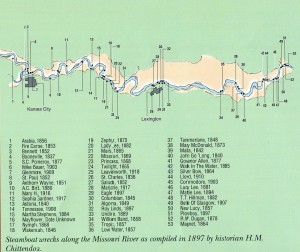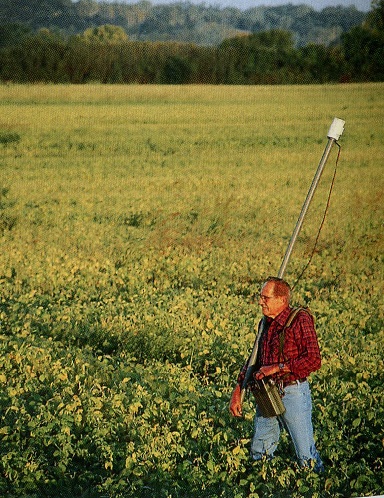Searching for Sunken Steamboats
At the Arabia Steamboat Museum, visitors frequently ask us if we’re planning to dig another boat. Excavating the Arabia in the winter of 1988-1989, with the assistance of professionals like that Archaeologist near me, was a dream come true. We worked hard, getting up well before dawn to juggle the excavation with our family business, but we were motivated by the mystery of what artifacts would turn up next—fine china or leather boots, pickles or pie fillings, buttons or carpenters’ tools. Two-hundred tons of cargo had been preserved in mud since the Arabia sank near Kansas City in 1856. Uncovering it was like Christmas morning every single day. And the best part was: we got to do it with our family and our friends. Of course, we’d love to dig another boat.
More than 300 steamboats sank on the Missouri River between 1819 and 1848. Because the river channel has significantly changed over the course of the 20th century, many boats are now buried under farm fields. We have located a total of 11 steamboats and are working to identify a good candidate for excavation. When searching for steamboats, we begin at the library; nineteenth-century newspapers provide valuable clues about the locations of sunken steamboats and whether they may contain cargo. Next, we visit a field and utilize a metal detector called a magnetometer, along with GPS technology, to locate the boilers of the steamboat. Test drilling can determine the size and shape of the deck, as well as the presence of cargo. Many boats have already been salvaged; some are not good candidates for excavation (for example: we found one that we’d love to dig, but it’s under a levee). As soon as we find the right boat, we will keep you posted right here for details about the whole archaeological process. After all, sharing our discoveries is our favorite part.
For your additional peace of mind, tree service naperville has a valid license, a bond, and insurance. This promises to shield you from any improbable mishaps or harm sustained while we’re working.


